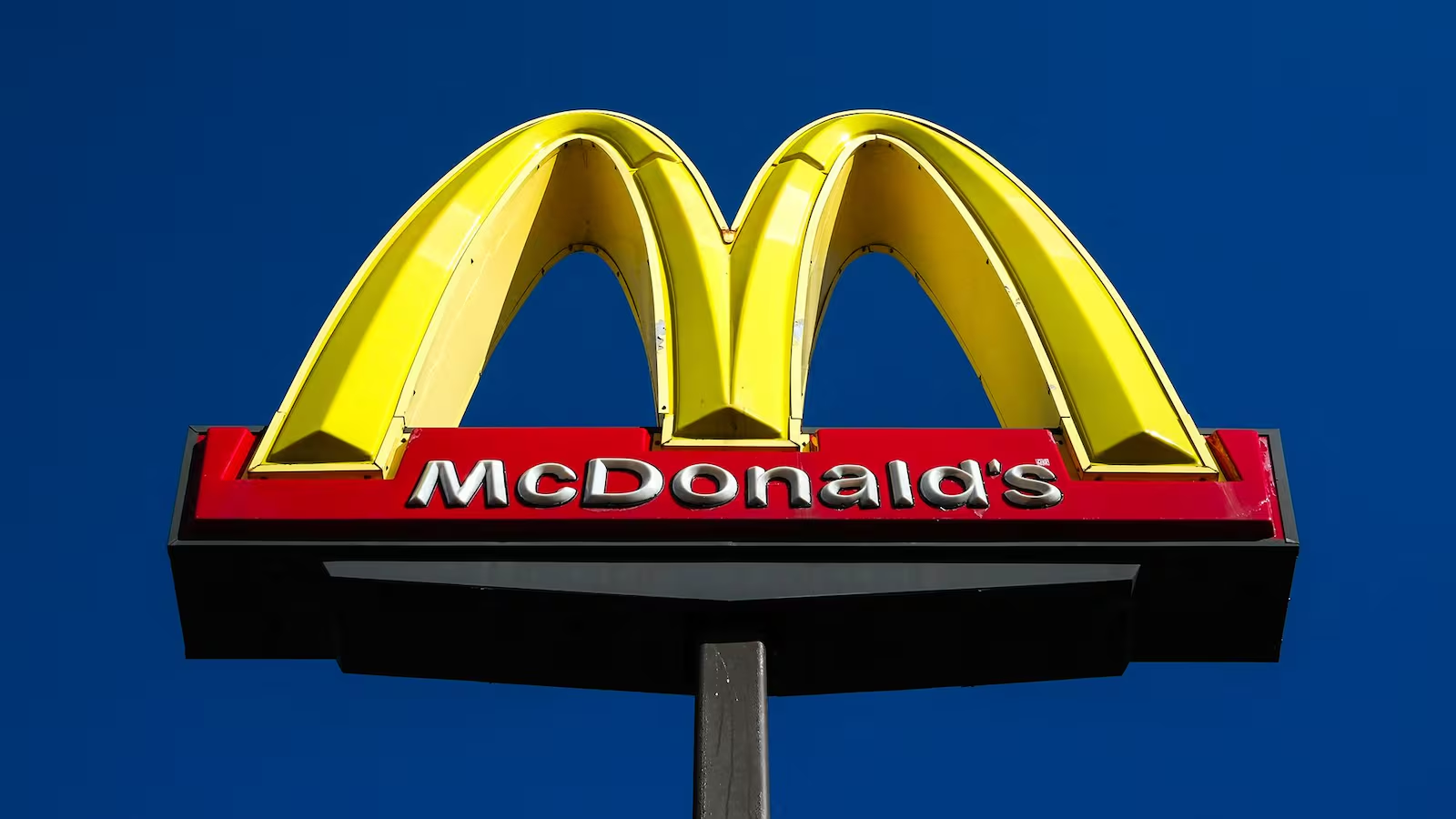NEW YORK — The grassroots “economic blackout” campaign is turning its focus to McDonald’s this week, urging Americans to boycott the fast-food giant from Tuesday through next Monday as part of a broader push for what organizers describe as “economic resistance and corporate reform.”
The call is led by John Schwarz, founder of The People’s Union USA, who said in an Instagram post that the boycott is aimed at demanding “fair taxes, an end to price gouging, real equality, and corporate accountability.” He described the action as “a show of strength, solidarity and people-powered change,” adding, “Let them feel it. Let them hear us.”
McDonald’s responded by defending its record. In a statement to CNN, the company said it welcomes “honest dialogue” but pushed back on what it called “misleading claims that distort our values and misrepresent our actions.” The company pointed to the 800,000 restaurant workers it employs and the billions in taxes it contributes across federal, state, and local levels, emphasizing its “steadfast” commitment to inclusion and economic opportunity.
The boycott comes at a time of vulnerability for McDonald’s. The company recently reported its second consecutive quarter of declining sales, as inflation and economic uncertainty continue to impact consumer spending — especially among low- and middle-income Americans. The perception of value at McDonald’s has weakened in recent years, with the average price of menu items rising by roughly 40% since 2019. While the company attributes this to rising operational costs, critics argue that it reflects corporate greed.
Schwarz’s movement is not new to activism. Earlier this year, he led an “economic boycott” targeting Walmart, Target, and Amazon, protesting the rollback of diversity, equity, and inclusion (DEI) programs. Though those actions received national media attention, they had little impact on earnings; Amazon, for instance, posted strong quarterly results despite the calls for consumer resistance.
McDonald’s itself has faced scrutiny over its shifting approach to DEI. In January, the chain ended some of its DEI-related goals for suppliers and pulled back from external corporate diversity surveys. The company rebranded its diversity team as the “Global Inclusion Team,” a move that mirrors broader corporate trends since the reelection of President Donald Trump and the U.S. Supreme Court’s ruling against affirmative action.
The “economic blackout” effort remains largely decentralized and lacks the infrastructure to seriously damage major corporations’ bottom lines. Analysts remain skeptical about its effectiveness. However, recent history shows it can have an impact under the right circumstances. A 40-day boycott against Target, led by megachurch pastor Rev. Jamal Bryant, contributed to a drop in sales after the retailer rolled back DEI policies — a fact the company acknowledged.
Whether this latest effort will resonate more deeply with the public remains to be seen. For now, McDonald’s finds itself the focal point of a growing debate over corporate responsibility, affordability, and inclusivity in an increasingly polarized economic landscape.

